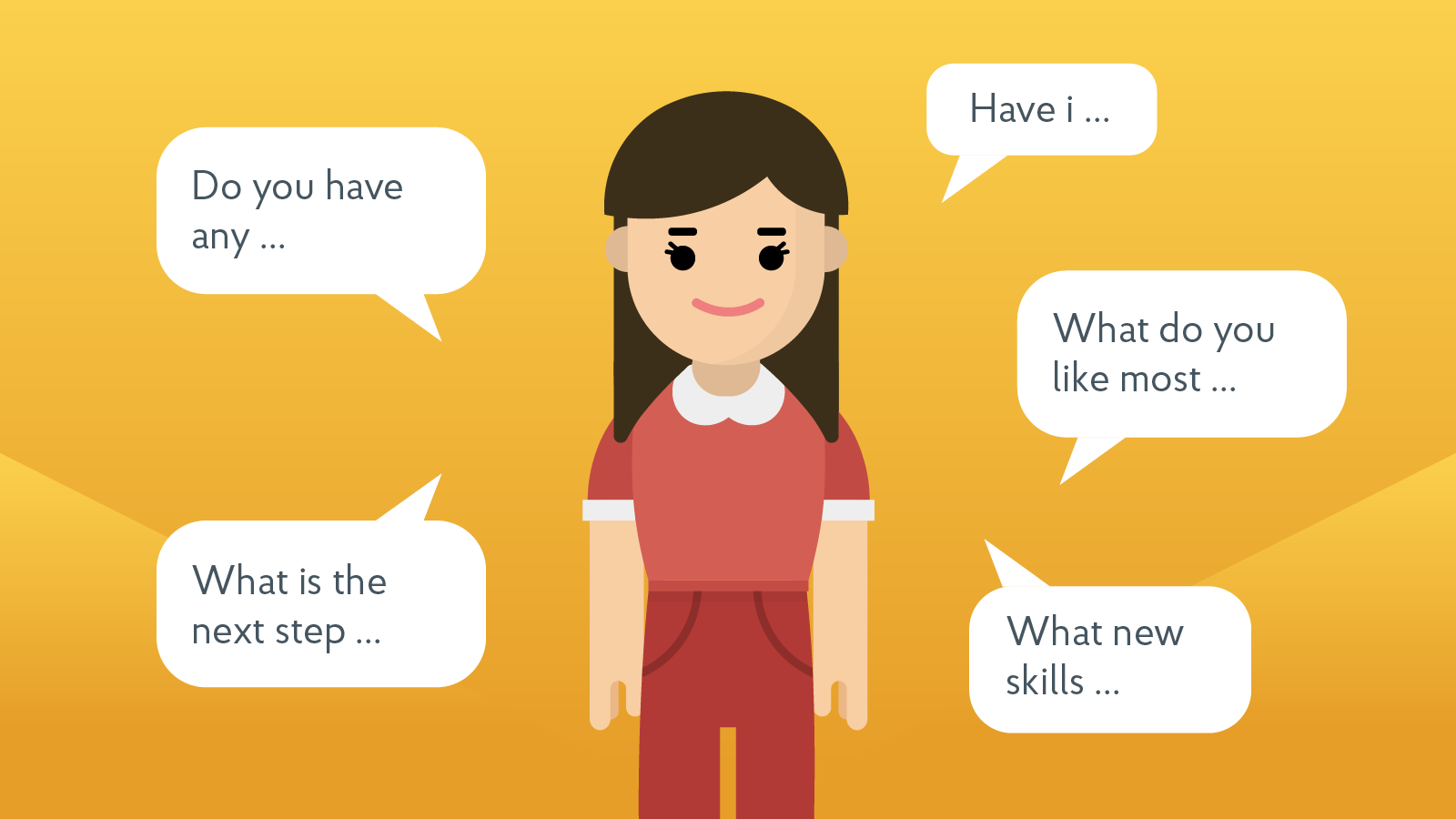The interview process is stressful for both parties. For the company, it takes a lot of time and energy, and for the candidate, it’s the fear of the unknown. But there are a handful of ways you can get ready mentally and physically for this event, to ensure you get out on top or at least did everything in your will to try.
First Impressions

source: cloudinary.com
The most important thing to remember as a candidate is that first impressions choose your fate most of the time. There’s only so much detail and information interviewers can memorize after meeting 20+ candidates. It is not because they don’t care, but simply because it’s not possible to store that much information and be able to recall it hours after. But knowing this, you can now view this as one of the top priorities when heading to the office.
The first impression is made out of a lot of elements. The first is, of course, your appearance. What are you wearing? Are your clothes clean? Are you clean? Did you shave? Do you have makeup on? Did you comb your hair? What do you smell like? All of these matters, not because anyone is prejudiced, it’s just because we react well to what is most appealing. And for the hiring committee, a physically put-together person is appealing. It’s not about the brand of clothing, but about how you wear it. You have to be demanding of yourself when it comes to these things.

source: legalleadershipinstitute.com
The second element is your ‘feel’. This entails the energy and aesthetic you radiate, including your smile, the way you hold yourself, the way you sit and stand. You can instantly guess if a person is confident or not by the way they ‘exist’. And even if you’re not confident, you have to make sure to fool the judges and fake it ‘till you make it by reliving everything your mother said about how you sit, stand, and where you put your hands. It’s all about etiquette.
And the third element is how you act. “It’s all in the shake” as every father says, and they’re right. The way you walk, and the way you offer your hand for a shake or ‘bow’ your head politely all mean something to the subconscious. Make sure to be as polite as possible, and try to remember everything you’ve learned about classical etiquette. It’s the ‘little black dress’ of our society, in the sense that it never goes out of style.
Q&A

source: novoresume.com
After successfully going through the minefield of human etiquette, it’s time for the actual interview to begin. This starts with the awkward reading of your CV and pointing out the unfortunate typos. After that, there are some basic questions that are included in every interview known to man. These include all the basics. Where do you see yourself in 5 years? What are some of your weaknesses and strengths? What did you learn from your last job experience? Why do you want to work here? And so on. There are some excellent guides that help people get ready for all of these questions so they can answer right away.
You can most definitely ‘study’ for a lot of these questions, and prepare for the entire interview process. But at the end of the day, you only have to answer in a way that’s true to yourself while reflecting on your best side. This is not a test, and they won’t ask you anything you don’t have the answer to.
There are, however, a few things you can do to help your case. The first is to research the company. If you take the time and study the company’s goals, prospects, history, and get familiar with the founders and their stories, it will reflect greatly on your character. Unlike in high school, it’s not a reflection of you ‘sucking up’ anymore, but rather a testament to how hardworking, ambitious, and disciplined you are. You don’t have to rub it in, but when it comes up naturally, plant seeds here and there about how knowledgeable you are about the company. After all, they took the time to learn about you through your CV, so why not do the same the other way around? The second thing you can do is always boost yourself. An interview is no place to act humble. Wear your strengths on your sleeve, and be proud of all your accomplishments. Only mention your weaknesses when asked about them, and still, present them in a way that is an opportunity and privilege for you to learn and grow, and not as a character flaw.
Ask Questions

source: northeastern.edu
After the main course of the interview process – which was you -, it’s time for you to ask some questions. This experience is all about first impressions for both parties involved. So it’s only natural that the conclusion of this meeting is to switch roles and allow the candidate to ask questions from the interviewer. For one, this is an excellent place to dust off what you’ve learned about the company and effortlessly throw that in here-and-there. Overall, these questions should be genuine and should offer some important information for you to base your decisions off. But in the heat of the moment, a lot of people draw a blank and have no idea what to ask other than about the pay. There are a few very good questions that we often forget when we’re sitting at that desk, but could make a huge difference when trying to decide between companies. At the end of the meeting, both parties are considering ‘hiring’ each other, and both are weighing the pros and the cons. So make sure you have all the necessary information to make that decision.
Here are some topics at Live Enhanced that you can ask about to better understand what it will be like to work there:
- Is there space for growth from this position? (Promotions, or switching to other areas)
- What do you personally like about working at this company? (People enjoy talking about themselves, interviewers included, and they can offer great insight into the company)
- Are there any active policies about staff wellbeing? (This is something that changes from company to company, and you can never know what kind of policies they do or don’t have until you read the contract)
- The number of vacations days
- The possibility of bonuses
- What qualities are most important for succeeding here?
- Are there any opportunities offered by the company that helps the staff grow professionally? (Training, paid courses, retreats, etc.)
Asking the right questions is very important, and can be used as a tool because the type of questions you ask not only gives you information but reflects upon your own character as well. Asking about opportunities to grow and succeed in this position lets them know that you are ambitious and motivated to do well. Always think about what a question tells about you too. Don’t start off with questions about pay and vacations, as that comes off as being lazy and profit-oriented. Instead, start with the questions that reflect that you want to stay there for upcoming years, and you want to grow alongside them.
Overall, the most important thing to remember about the interview process is that it’s all about the main impression you leave behind you. You need to be transparent, relatable, friendly, while highly professional and motivated. Whatever answers and questions come and go during the interview will only be reflected by the notes each party takes, and will not carry your overall appeal with them. So remember to be your best self, and answer as professionally as you can, while highlighting your strengths over your faults and showing genuine interest in the company. If you keep these few tricks in mind, you can honestly say, you’ve done everything in your power to ensure a rewarding outcome.




